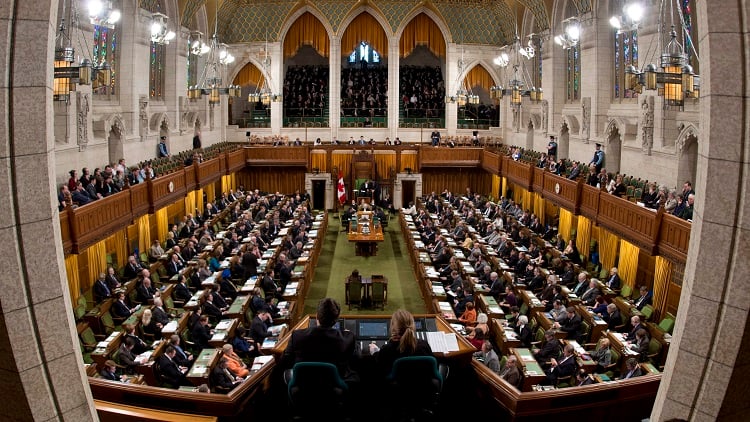
In last week’s print edition, I considered the relatively fleeting nature of the Canadian MP. In short, our MPs tend to come and go at an unusually rapid pace. And this might be a problem.
The definitive comparison of legislative turnover across international democracies concludes that “Canada, by contrast, presents a genuinely puzzling phenomenon” and that “Canada deserves special study to determine why turnover rates there have been higher than in other countries.”
As you can see from this tally of rookie MPs elected at each vote, there was rather dramatic change in 1984, 1988 and 1993, but there has also been a fairly steady churn since Confederation. While there’s obviously something to be said for the regular refreshment of the legislature, at some point that might result in diminishing returns.
Samara’s Alison Loat has considered this in the past here and here. And the Public Policy Forum’s data for the current Parliament is here.
This CBC piece on the difficulties some MPs face in trying to maintain some semblance of a normal family life is germane to the question of turnover (Liberal MP Hedy Fry also raised the issue of family life in a recent interview). I’m not sure the House should be sitting any less than it already is, but something like eliminating Friday sittings—if that would make life slightly easier for MPs—could probably be done without much negative impact. Accepting that our MPs are human beings is probably useful to figuring out how to improve matters here.
The research of Kelly Blidook and Matthew Kerby suggests another theory: that MPs might be less likely to step away voluntarily if they felt they could have a greater impact in Ottawa as legislators. You can add that to all the other arguments for the empowered backbencher. I would even wonder whether incumbents might have a better chance of re-election in a world of more individually dynamic MPs—whether distinguishing yourself as a respected and accomplished legislator could outweigh any great swings in party or leader popularity, even if only in a relatively small number of cases.
Between the 41 incumbents who won’t seek re-election and the 30 new seats, we are looking at something like at least 70 new MPs taking their seats in the House later this year (depending on whether any former MPs win those seats). To that you can add however many rookies would be produced by whatever election result you imagine. If, for instance, you think the Liberals are going to win 90 more seats, that rookie count could come in around 150.